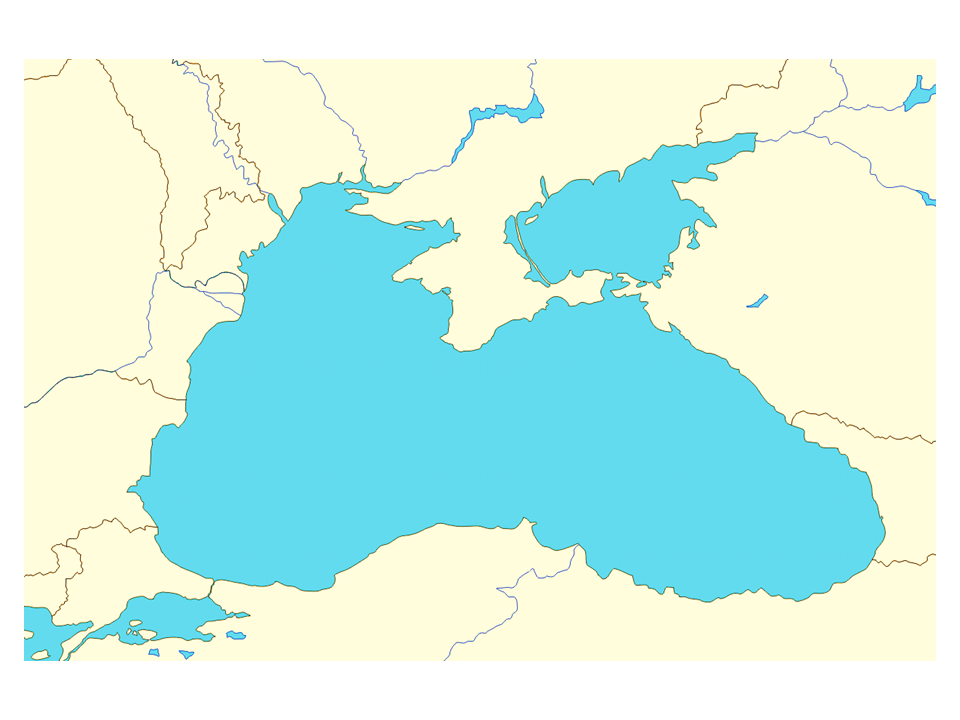Pick Up
814. Parties Continue to Look for a Breakthrough to Extend the Black Sea Grain Initiative

814. Parties Continue to Look for a Breakthrough to Extend the Black Sea Grain Initiative
The Black Sea Grain Initiative, which has helped avert a global food crisis by guaranteeing exports of Ukrainian crops since it was launched last July, has been extended three times, and as the July 17 deadline for another extension looms, Russia has indicated its refusal to renew the agreement.
In Russia's defense, it complains that Russian banks are excluded from the international interbank communication network (SWIFT) and that the agreement not to impose sanctions on Russian grain and fertilizer is not being honored. To extend the agreement, Russia is demanding that the Russian Agricultural Bank be connected to the SWIFT payment system, that restrictions on trade insurance and reinsurance be lifted, and that the Togliatti-Odesa ammonia pipeline, which allows Russian fertilizer exports across the Black Sea, be reopened. The European Union, on the other hand, is reportedly demanding the removal of restrictions on grain imports, including those related to insurance.
Meanwhile, the European Union is reportedly discussing the "least worst option" for gaining Putin's support for extending the grain initiative.
A breakdown in negotiations could raise the specter of supply chain disruptions and reignite fears of higher global food prices. UN economists say they will do their best to resolve the situation before the deadline, as rising food-related living costs, which account for a large portion of poor households' budgets, could lead to a reduction in other options such as education and health.
Contributor: IIYAMA Miyuki (Information Program)
